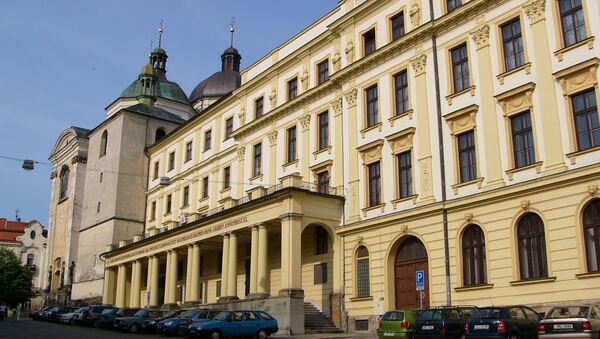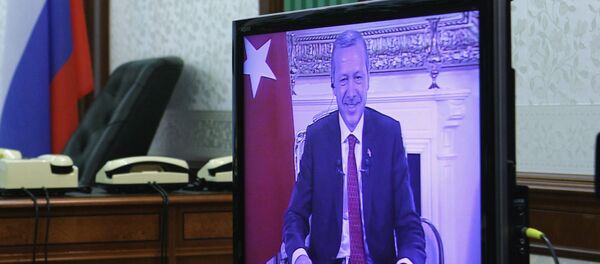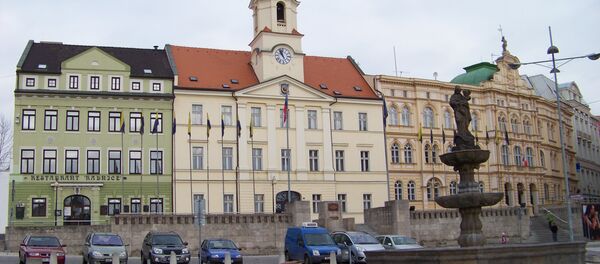"I'm sorry but this parallel terrorist organization will no longer be an effective pawn for any country," Binali Yildirim, Turkey's new Prime Minister, said after the coup.
"We will dig them up by their roots so that no clandestine terrorist organization will have the nerve to betray our blessed people again."
The purge that followed the failed coup has resulted in the dismissal of 2,700 judges and 9,000 state employees from the police force and government ministries.
More than 15,000 state education employees have been suspended, and the higher education council has demanded the resignation of 1,577 university deans. The licenses of 21,000 teachers working at private institutions have been revoked.
While EU chiefs such as European Parliament President Martin Schulz have criticized the crackdown, accusing Turkey of carrying out "revenge," other European officials are keen to take advantage of the situation.
Czech Deputy Prime Minister Pavel Belobradek, who is also Minister of Science and Research, has suggested that fired Turkish academics come and work in the Czech Republic instead.
Belobradek made a post on Facebook, in which he said he would shortly be contacting Czech universities to see if they could offer the Turkish lecturers a place.
"They could become valuable experts in Middle East studies, Islamic studies, even technical fields," Belobradek wrote.
It is unclear how the fired Turkish professors would be able to travel to the Czech Republic, because the Turkish government has banned them from traveling abroad while the investigation into the failed military coup is ongoing.
His post got a mixed reception from Facebook users, one of whom recommended that Belobradek "be offered a place in a psychiatric ward."
Another Facebook user said he thought Belobradek was being inconsistent: "Are you going to invite the Muslim Brotherhood from Egypt? There are oppressed generals there, too," he asked.
However, Czech newspaper Novinky.cz reported that the suggestion was somewhat better received by universities.
The country's oldest university, Charles University in Prague, reported its willingness to employ some Turkish academics.
"Charles University, like other universities in the Czech Republic, is open for students and teachers from around the world. Of course, this also applies to academics from Turkey who are subject to persecution," the university responded.
Jaroslav Miller, rector of Palacky University in Olomouc, the Czech Republic's second-oldest, even recommended giving Turkish professors a stipend to move their work there.
"In light of recent events in Turkey, I think Czech universities and the Education Ministry should discuss the possibility of offering help to some academics and colleagues from Turkish universities, particularly the provision of a stipend for limited period so they can continue their research. The leadership of the university is going to work on this matter," Miller said.




